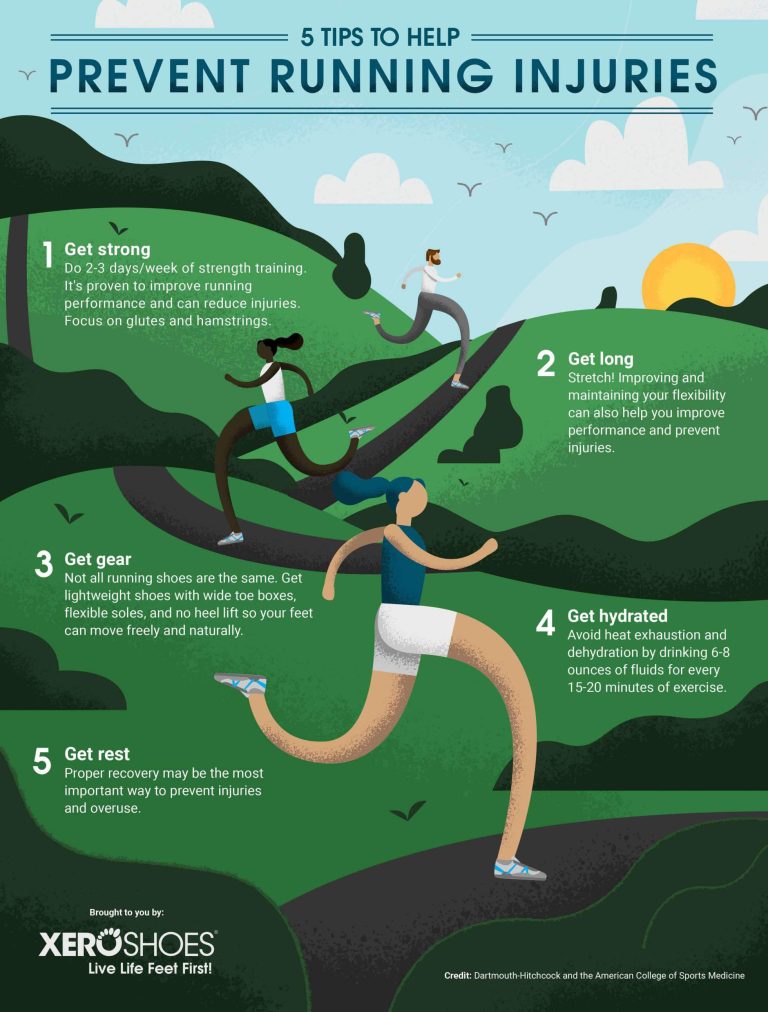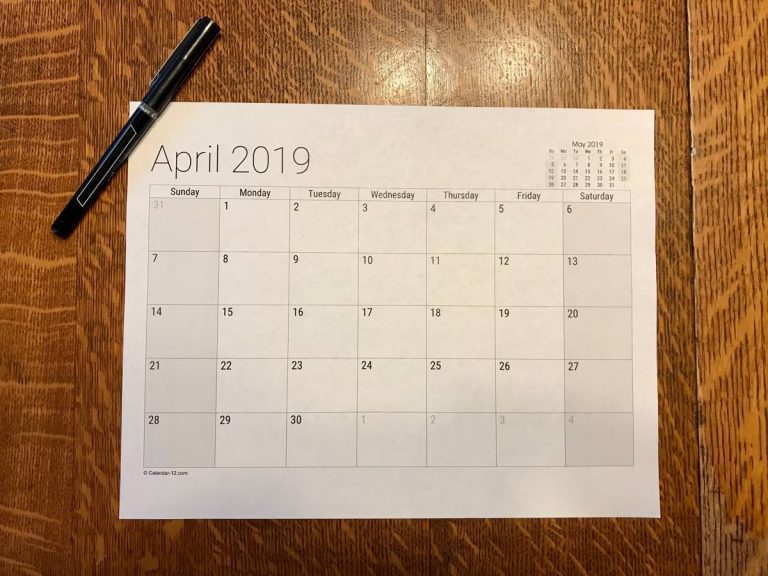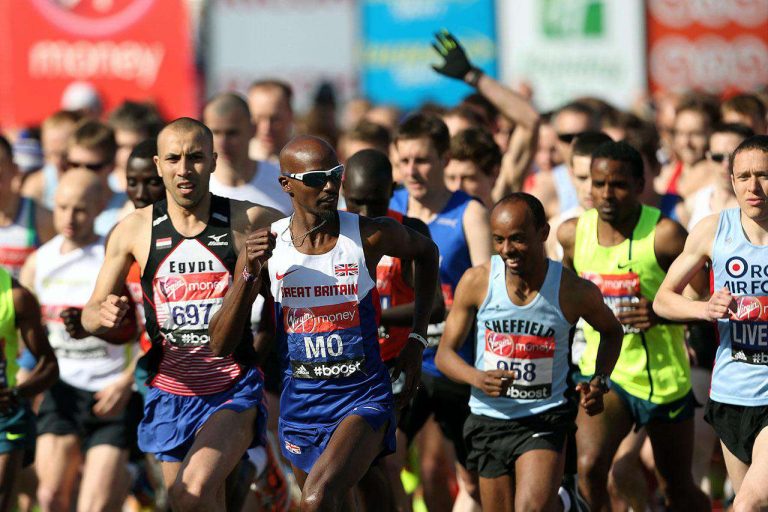Why Don’t Marathon Runners Listen to Music
Marathon runners avoid listening to music due to safety concerns and to stay focused on their pace. While some runners enjoy the distraction and motivation music can provide, many choose to forgo it to maintain awareness of their surroundings and their breathing rhythm.
This approach helps runners pace themselves more effectively and reduces distractions that may affect their performance. Additionally, some races have rules prohibiting the use of headphones for safety reasons, further discouraging runners from using music during marathons. Ultimately, each runner’s preference for listening to music during a marathon depends on personal choice and the specific race regulations in place.

Credit: www.bostonmagazine.com
The Science Behind Focus
Marathon runners often avoid listening to music during races to maintain focus and mental endurance. The science behind this strategy suggests that without external distractions, runners can better concentrate on their breathing and pace, optimizing performance and achieving their goals.
Enhanced Concentration
Marathon runners are known for their incredible focus and determination. One of the key reasons why they choose not to listen to music during their races is the enhanced concentration that comes with silence. When runners eliminate distractions such as music, they are able to fully immerse themselves in the race and focus on their own thoughts, breathing, and pacing.
This enhanced concentration allows runners to stay in tune with their bodies and make necessary adjustments throughout the race. They can listen to their heartbeat, pay attention to their breathing rhythm, and closely monitor their form. By being fully present in the moment, runners can harness their mental energy towards achieving their goals.
Mental Toughness
Running a marathon is not just a physical challenge; it requires immense mental toughness as well. When runners forego listening to music, they are intentionally putting themselves in a mentally challenging situation. This decision helps them develop and strengthen their mental resilience, which is crucial for pushing through fatigue and mental hurdles.
Running without distractions forces runners to face their thoughts and emotions head-on. It exposes them to discomfort and teaches them how to navigate it without relying on external stimulation. By doing so, marathon runners are able to cultivate a powerful mindset that can carry them through the most grueling parts of the race.
Moreover, running without music allows runners to fully experience the highs and lows of the marathon journey. They embrace the rawness of the race, the cheers of the crowd, and the internal battles they encounter along the way. This unfiltered experience provides a deeper sense of accomplishment and satisfaction when crossing the finish line.

Credit: www.quora.com
Community And Connection
Bonding With Fellow Runners
Marathon runners avoid listening to music to bond with fellow runners.
They form relationships through shared experiences and challenges.
Embracing The Atmosphere
Runners immerse themselves in the race surroundings and cheers from the crowd.
Feeling connected to the event and support from others is crucial.
Physical Considerations
Physical Considerations:
Awareness Of Surroundings
Marathon runners prioritize safety by staying alert to their environment.
Listening to music can hinder awareness, impacting situational vigilance.
Rhythmic Breathing
In marathon running, steady breathing pattern is crucial for endurance.
Disrupted by music tempo, breathing efficiency may be compromised.
Performance Optimization
Marathon runners prioritize performance optimization over listening to music to maintain focus and achieve peak physical performance. Silence allows them to concentrate on pace, breathing, and form, resulting in better race results.
Mind-body Synchronization
When it comes to optimizing their performance, marathon runners understand the importance of achieving mind-body synchronization. This is the ability to fully connect the mind and body, allowing them to be in tune with each other during the race. Without distractions, runners are able to focus solely on their breathing, form, and pace. This level of concentration enhances their ability to perform at their best.Tapping Into Inner Motivation
Another reason why marathon runners don’t listen to music during races is the need to tap into their inner motivation. Running a marathon is no easy feat, and maintaining motivation throughout the entire race can be challenging. By relying on their inner drive and mental strength, runners can push themselves to keep going when they hit a wall or face fatigue. Listening to music can potentially distract them from this inner motivation, hindering their ability to push through difficult moments. Research has shown that runners who don’t listen to music during races are better able to stay present and engage in positive self-talk. This self-talk reinforces their determination and reminds them of their goals, helping them to persevere even when the going gets tough.Mind-body Synchronization
Achieving mind-body synchronization is crucial for marathon runners to optimize their performance. This entails full connection and harmony between their mind and body during the race. Without external distractions like music, runners can solely focus on their breathing, form, and pace – ultimately enhancing their ability to perform at their best.Tapping Into Inner Motivation
Marathon runners also refrain from listening to music during races to tap into their inner motivation. Running a marathon is an incredibly challenging task, requiring runners to stay motivated and committed throughout the entire course. By relying on their inner drive and mental strength, runners can push through fatigue and overcome obstacles. Listening to music could potentially distract them from this inner motivation, hindering their ability to maintain their focus and determination. Research further supports the notion that runners who avoid music during races can remain present and engage in positive self-talk. This self-talk serves as a powerful tool to reinforce their determination and remind them of their goals, helping them persevere even during the most strenuous moments of the race. In conclusion, marathon runners prioritize performance optimization by abstaining from music during races. This choice allows them to achieve mind-body synchronization, stay connected to their inner motivation, and maintain focus and determination throughout the race. By understanding and respecting the specific needs of their sport, marathon runners are able to optimize their performance and achieve their personal best.Personal Preference And Tradition
Marathon runners have a unique relationship with music during their runs. The reasons behind marathon runners choosing not to listen to music can be attributed to personal preference and tradition. Let’s delve deeper into the cultural significance and historical practice influencing this choice.
Cultural Significance
Marathon running has deep cultural roots, often celebrated as a test of physical and mental endurance. Runners often view the marathon as a ritualistic event, with a rich tradition and cultural significance. During these races, runners aim to embrace every aspect of the cultural tradition and connect closely with the race experience. As such, many marathon runners prefer to immerse themselves fully in the race environment, drawing strength and motivation from the atmosphere and surroundings, rather than external auditory distractions.
Historical Practice
Historically, marathon running has been an individual and contemplative endeavor. Since the early days of the marathon, running has been perceived as a solo journey, requiring mental fortitude and inner strength. Without the accompaniment of music, marathon runners have relied on their own thoughts, focus, and determination. This historical practice, steeped in self-reliance and resilience, has forged a tradition of running without external auditory stimuli.

Credit: www.ydr.com
Frequently Asked Questions Of Why Don’t Marathon Runners Listen To Music
Why Can’t You Listen To Music During A Marathon?
Listening to music during a marathon can be unsafe as it may distract you from your surroundings, important race instructions, or signs of fatigue.
Why Is There No Music In Marathon?
The absence of music in marathons helps runners focus, maintain pace, and listen to surroundings for safety.
Do Serious Runners Listen To Music While Running?
Yes, serious runners often listen to music while running for motivation and to enhance their performance.
Conclusion
Marathon runners typically choose not to listen to music during races due to a variety of factors. While some find solace in the sounds of nature and the cheering of spectators, others believe that music may distract them from focusing on their pace and performance.
Furthermore, the use of headphones during races is often not allowed. Ultimately, the decision to listen to music while running is a personal preference. It is important for each runner to find what works best for them in order to maximize their performance and enjoyment of the race.






